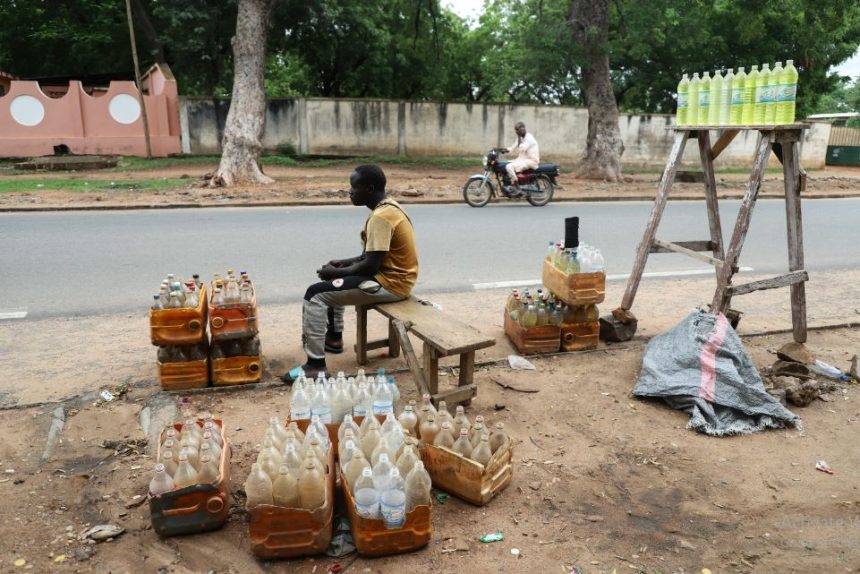In recent months, the price of inexpensive, illegally imported gasoline from Nigeria has dramatically doubled, upending an unorganized industry that is essential to the region’s economic activities.
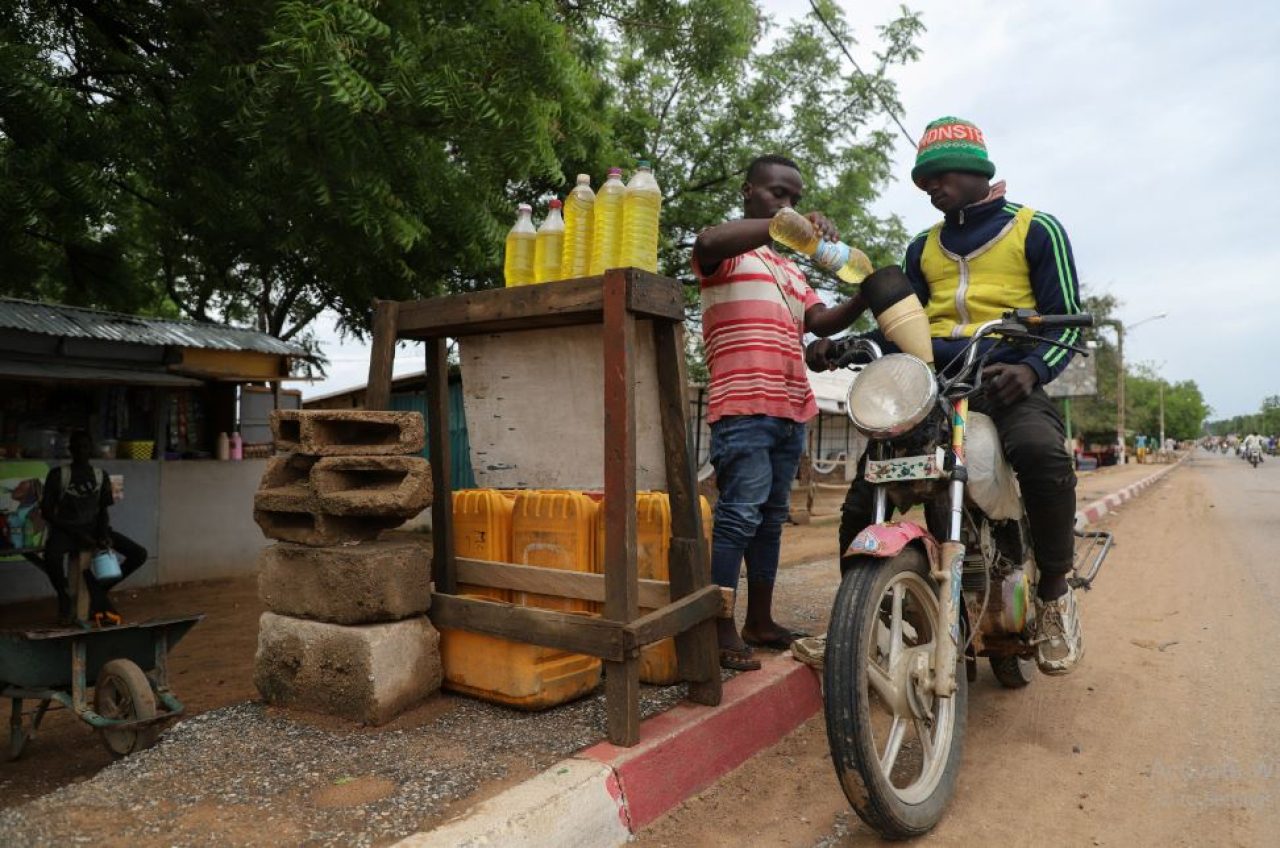
Black market fuel dealers and commercial drivers in Cameroon, Benin, and Togo who were largely dependent on gasoline smuggled from Nigeria have seen their businesses collapse after Nigeria ended a state fuel subsidy on May 31.
Queues have started building at legitimate gas stations, where fuel is now reasonably priced, since supplies are running low.
A liter of gasoline used to cost about 300 CFA francs ($0.48) in Garoua, a town in north-west Cameroon that is 60 km (37 miles) east of the Nigerian border. According to suppliers, the minimum is now 600 CFA francs.
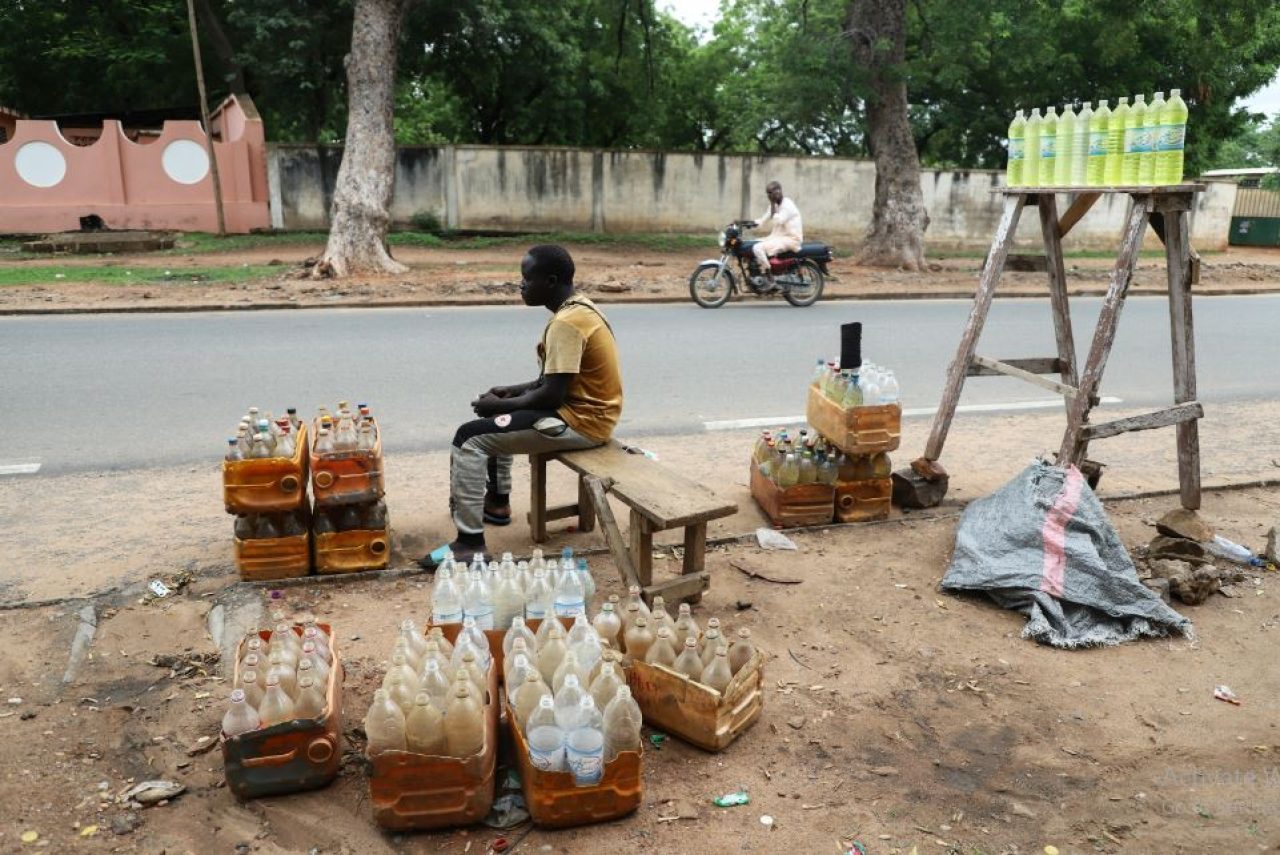
“Supply has become scarce and customers think we’re ripping them off with this high price, yet it’s from Nigeria that prices have soared,” said Perevet Dieudonne, a black market seller.
Conflict between drivers, who frequently live on the edge, and passengers who insist on low charges no matter what are some of the knock-on effects for motorcycle taxis, a common mode of public transportation in West Africa.
A passenger in Garoua named Ousmanou Mal Djoulde claimed that he had been compelled to more than treble his fees. Business was painfully slow and many clients were refusing to pay.
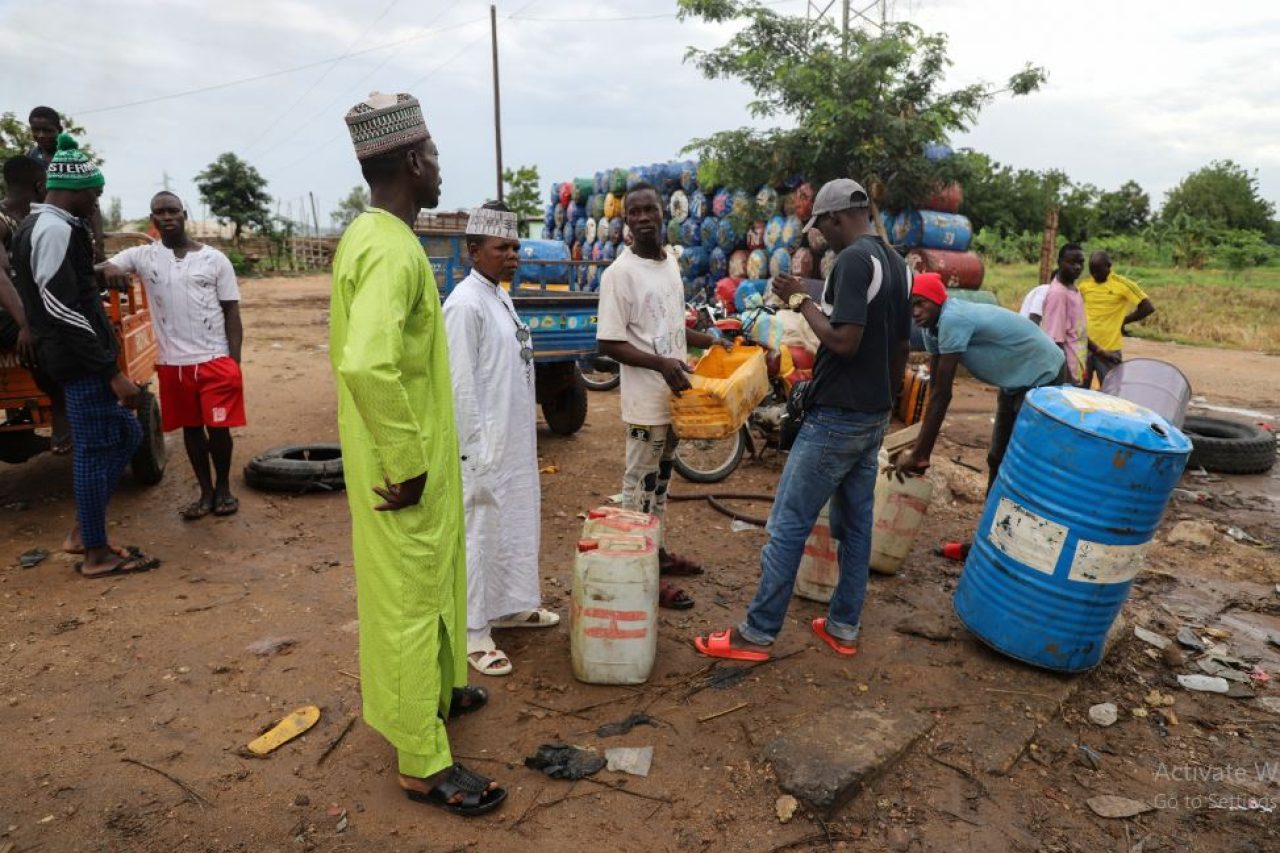
Because it is so essential to the local economy, the government either ignores it or participates in the black market fuel trade. In Garoua, a Reuters reporter observed a Cameroonian customs official sitting on a motorcycle taxi that was being refuelled with illicit Nigerian gasoline.
RAMPANT SMUGGLING
The volume of fuel smuggled out of Nigeria is not well-documented.
The sole supplier, Nigeria’s state-controlled oil company NNPC, stated earlier this month that 66 million liters of gasoline left its depots every day but was unable to estimate how much was consumed domestically, even though he acknowledged that smuggling was rife.
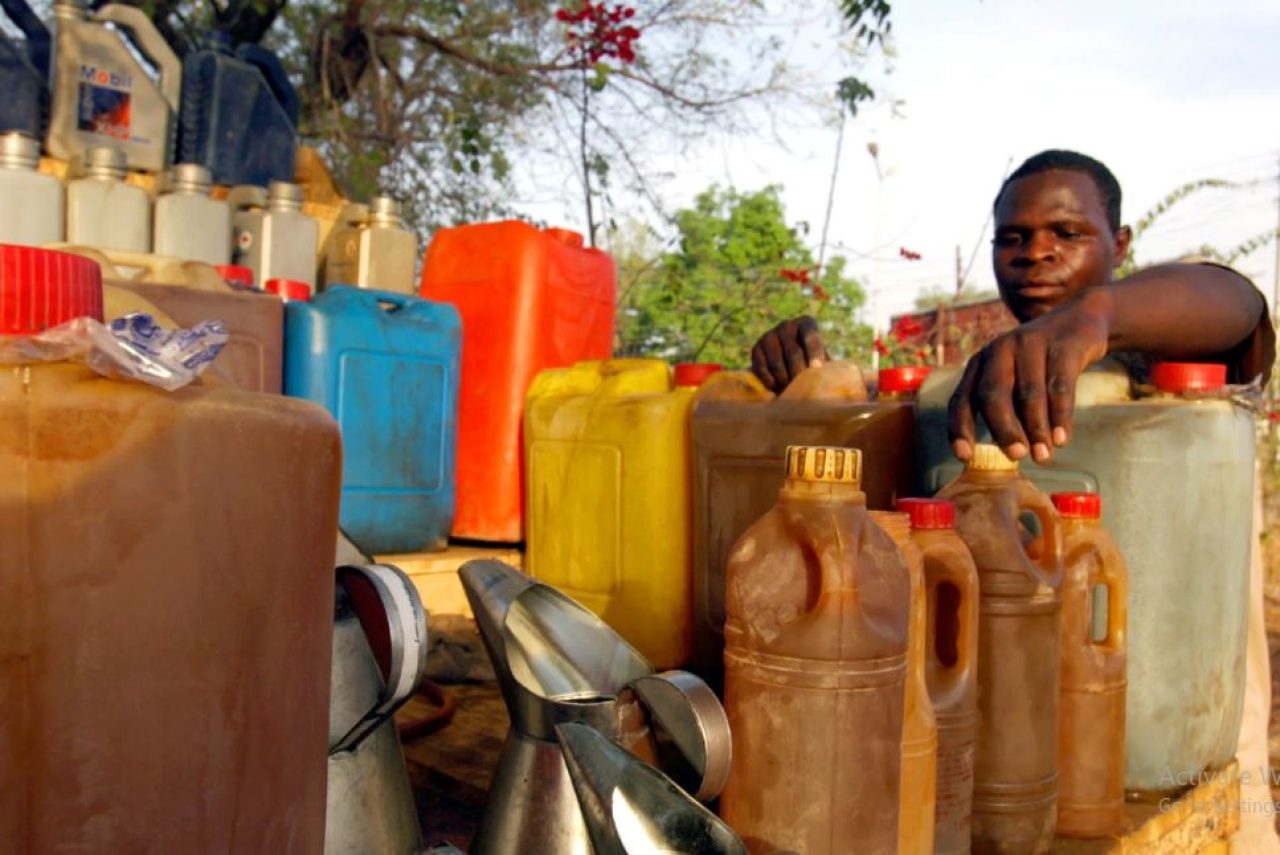
Nigeria’s entire daily energy usage is estimated to be less than 40 million litres by independent energy experts and Nigeria’s Dangote Petroleum Refinery, which plans to begin manufacturing gasoline in early August to ease the country’s ongoing fuel shortages.
Small nations Benin and Togo, to the west of Nigeria, are experiencing a dramatic increase in traffic at official gas stations that were previously deserted.
At the Hilacondji border crossing between Togo and Benin, some black market fuel stations were closed while others had vendors waiting for prospective deliveries among rows of empty plastic jerrycans.
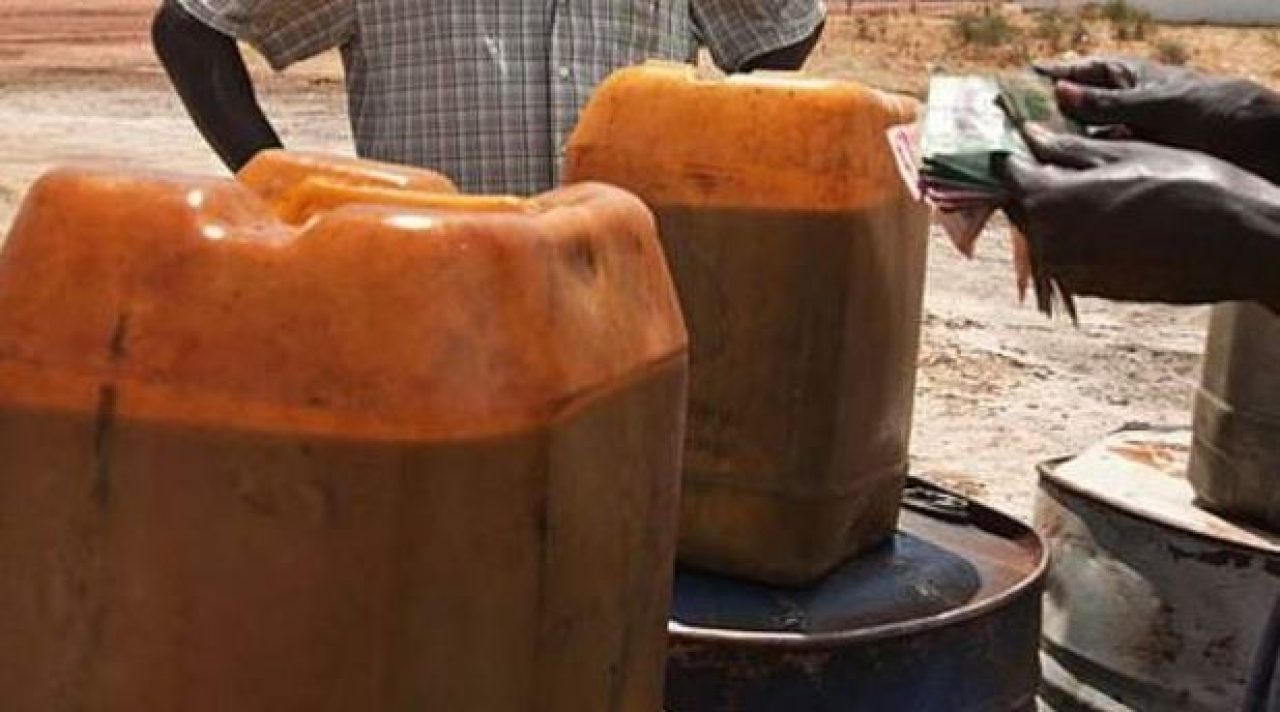
“While we wait for the situation to improve, some have gone into fishing or other small businesses,” said Ayi Hilla, who had made a living off of selling illegal fuel for ten years but was now concentrating on running a tiny roadside bar.
Men who used to work at informal fuel depots unloading and carrying gasoline were suddenly out of employment as some of these terminals were being dismantled.
According to the United Nations, more than 80% of employment in Africa is in the informal sector, which is a major engine of economic activity.

The official gas stations in Cotonou, the commercial city of Benin, which is roughly 60 km from Nigeria, have been seeing long lines as a result of the unexpected increase in demand, notably from “zemidjan,” the local term for motorbike taxis.
A JNP petrol station employee who went by the first name Janvier said, “Before, we were selling about 2,000 liters per day, but now we’re selling up to 7,000 liters per day.” He had just turned away four clients due to a shortage of stock.
